Leadership & Management
Achieving gender equity for female researchers – Professor Julie Campbell, GSK award winner
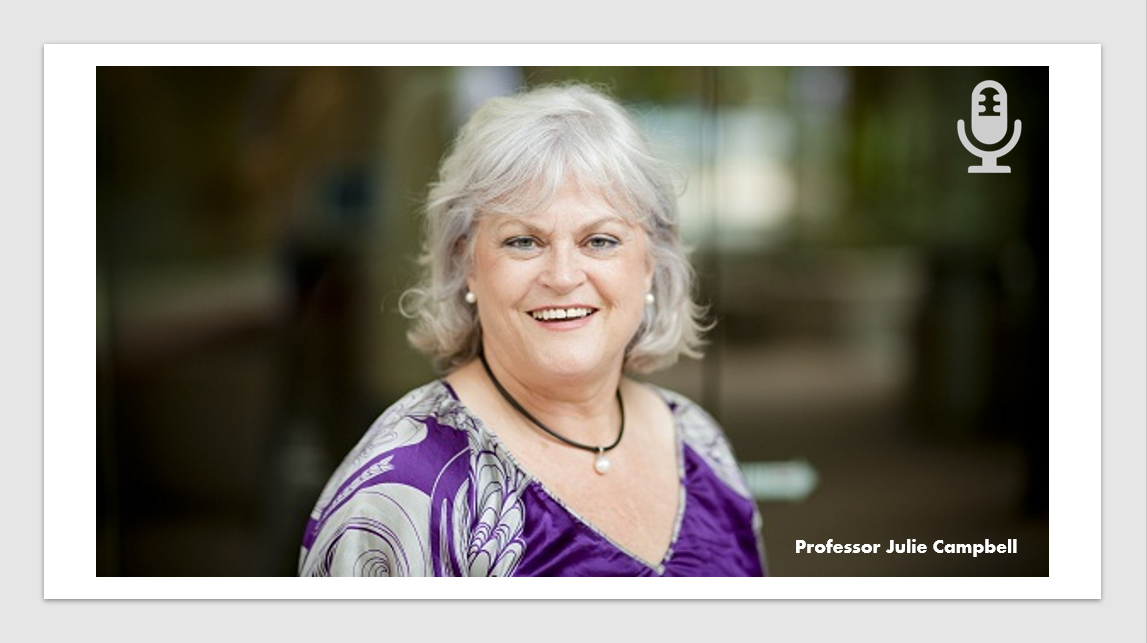
Leadership & Management: GSK Australia Award for Research Excellence (ARE) is one of the most prestigious and long-standing awards available to the Australian medical research community in the past 40 years.
The second female to win the Award in 1995, Julie Campbell, Emeritus Professor, University of Queensland and Inaugural Director of The Wesley Research Institute, talked to Health Industry Hub about her exceptional career as a female scientist and how the gender gap in the medical research sector has transformed over the past 40 years.
Health Industry Hub: You are the second female to win the GSK ARE (previously Wellcome Medal). How do you think diversity, equity and inclusion (DEI) has evolved in the medical research sector? Has the COVID-19 crisis strengthened this priority?
Professor Campbell: The Wellcome Medal launched in 1980 and it took 12 years for the first female to receive that award – Professor Susan Pond, a colleague of mine. I was the second female who received the award and that was in 1995. Interestingly, it took another 10 years for another female to be awarded the Medal again and that was Associate Professor Melissa Little, whom I nominated.
I remember on the night of the announcement, my husband and I were at the table and everyone was looking around discussing which male scientist may have won the Wellcome Medal. Not one person considered that it could be a female. When I stood up to receive the award, the looks on their faces was quite classical.
For there to be diversity, equity and inclusion in these awards, women have to step up and take the lead by nominating their absolutely amazing colleagues.
Over the years, more women have been elected to the Australian Academy of Science. When I was elected in 2000, I was the second Queensland female scientist to be elected, a shocking 44 years after Dorothy Hill. Since then the Academy has taken positive steps in encouraging diverse nominations.
What the COVID-19 crisis has done is made scientists more visible to the general community. It is raising awareness of the diversity of individuals who are scientists and are contributing greatly. This will strengthen the fact that science is not just for men, it is for everybody.
Health Industry Hub: As a woman in science, what were the key challenges in establishing your scientific career and how did you overcome them?
Professor Campbell: I raised three children and two stepchildren, and only took three weeks off for each child. I remember that the Medical Research Institute where I was working had no maternity leave for female scientists because no female scientist ever had a child. My husband who was a professor at the University of Melbourne got a week’s paid paternity leave and I got nothing.
Thankfully, the industry and community attitudes have changed dramatically from 40 years ago when I had my kids.
It is important for women scientists not to be pushovers. If you are in the right place, you have to make sure people know that you are in the right place.
Health Industry Hub: Who influenced and inspired you most as a researcher?
Professor Campbell: Professor Paul Korner who was the Head of the School of Physiology and Pharmacology at the University of New South Wales where I did my Honours Degree. He was the first real scientist that I had seen. We would have to tiptoe down the corridor because if we disturbed his experiments there would be hell to pay. But he was a fantastic scientist and I read all his work. I was just so impressed with him.
Years later after I had done my PhD, he became the Director of the Baker Medical Research Institute in Melbourne where my husband and I both worked. Paul is just the most iconic, dedicated researcher you would ever come across. I told him ‘When I was an undergraduate, I was terrified of you.’ And he said ‘That’s interesting J Campbell because now I’m terrified of you.’
Health Industry Hub: What has been the most rewarding and exciting aspect of your career?
Professor Campbell: There have been a few eureka moments when I felt I had discovered something.
However, the most rewarding aspect of my career has been the very interesting people that I met along the way, especially through the Australian Academy of Science where I regularly met with the best scientists in Australia.
I have come to know eight Nobel laureates and that is an incredible privilege. One in particular, Dr Elizabeth Blackburn, an Australian woman who received the Nobel Prize in 2009 for her discovery of telomeres. I organised a tour for her to give lectures, across Australia, to high school students about her life and inspire them into considering a career in science.
I have also helped young scientists, over many years, with the National Health and Medical Research Council (NHMRC) grant submissions because there is a technique and a formula to writing them. It is important for young scientists to become independent with their own grant money and not rely on a more senior person to bring in their grants.
I remember the first grant that I wrote, and I was so nervous. The panel said to me ‘Well, first of all, congratulations on a beautifully written grant.’ I just about fell off my chair.
Health Industry Hub: How do you see the future of research evolve in the next 5 years and what advice would you give to a young scientist starting out in their career?
Professor Campbell: One of the few benefits of COVID is that it has placed science right in the forefront of people’s minds. Hopefully there is going to be more people willing to donate money towards research, including funding from the government.
For young scientist and researchers starting out, I would say to choose your supervisor and laboratory very well. Also, make as many networking contacts as you possibly can. The connections in science are extremely important, just like in every field.
I think you have to really want to become a scientist, it is not something you can do on a part-time basis. I had a PhD student who was not my brightest student, but she had persistence and determination. She just did not give up. She is now an Emeritus Professor herself.
Science is a wonderful and fulfilling career. You have got to love what you do and just go for it.
2021 GSK Award for Research Excellence
Nominations for the 2021 GSK Award for Research Excellence closed on Friday 30 July 2021. The award will be presented at the Research Australia Awards Night, Thursday 9 December 2021 in Sydney.
News & Trends - MedTech & Diagnostics
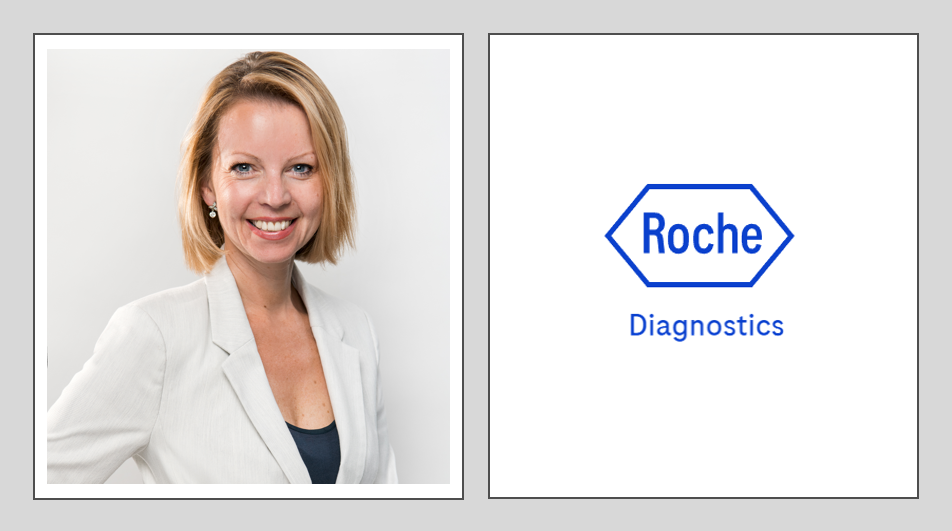
Roche Diagnostics MD bids farewell after two-decades, leading the organisation to new heights of success
Diagnostics & MedTech News: The Managing Director of Roche Diagnostics Australia, Allison Rossiter, has announced her resignation, effective September 2024. […]
MoreNews & Trends - Pharmaceuticals
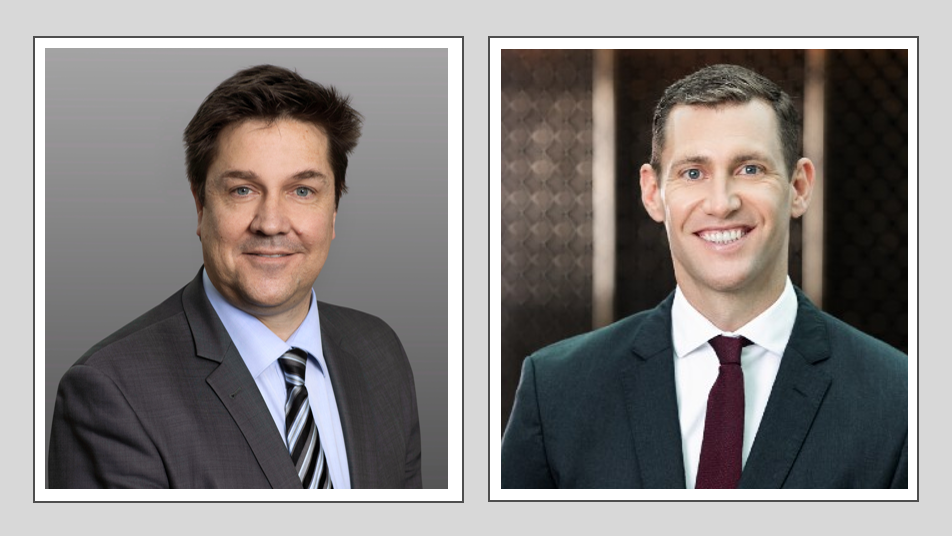
Is Australia ready to play a leading role in precision nuclear medicines?
Pharma News: A newly released discussion paper unveils Australia’s preparedness to take the helm in the rise of the global […]
MoreNews & Trends - MedTech & Diagnostics
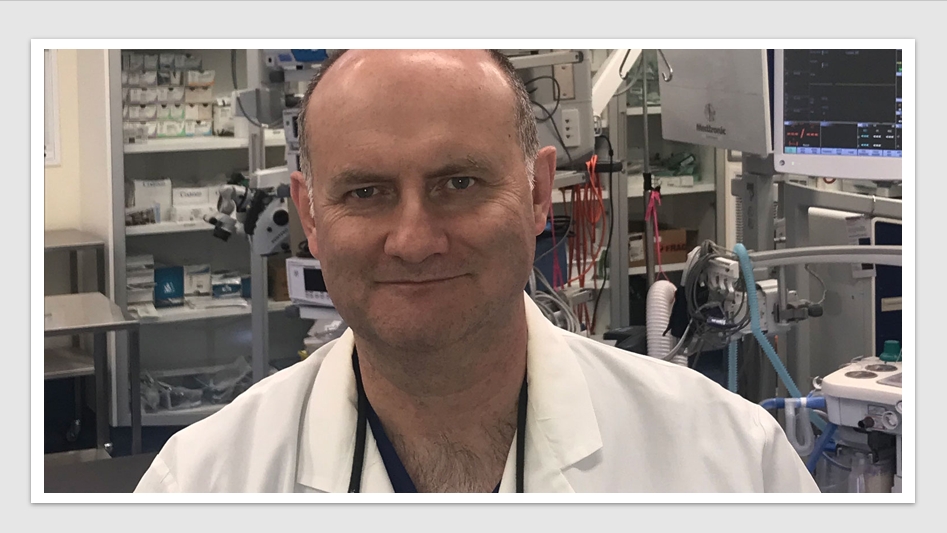
Minimally invasive procedure a first in epilepsy treatment
MedTech & Diagnostics News: An Australian-first procedure utilising MRI-guided, minimally invasive surgery has been introduced for the treatment of epilepsy […]
MoreNews & Trends - Pharmaceuticals
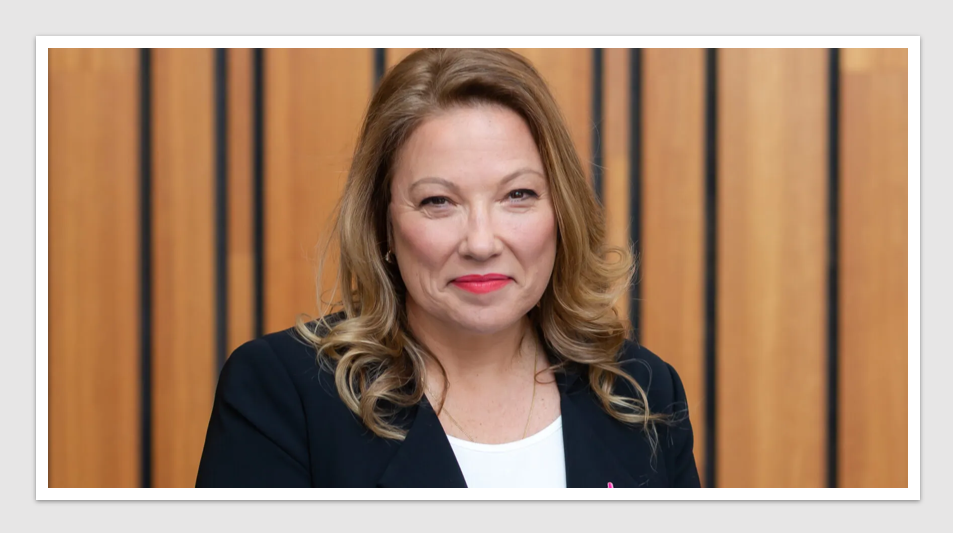
Stakeholders unite in international call to tackle breast cancer gaps and inequities
Pharma News: Breast Cancer Network Australia (BCNA) has united in an international call to raise breast cancer care standards and […]
More